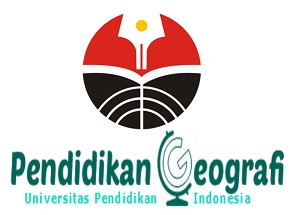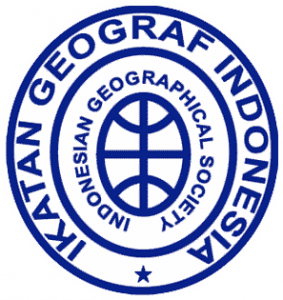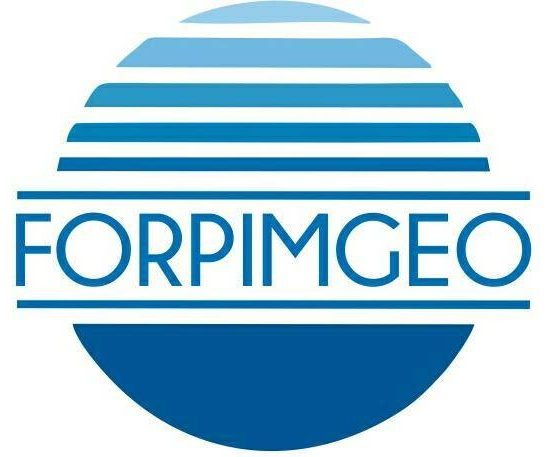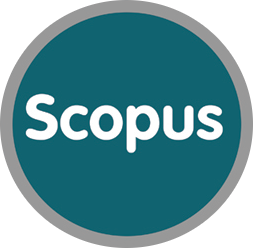Welcoming Remarks
It is a great honor for me to welcome all of you to the 4th International Geography Seminar (IGEOS) 2020. On behalf of the steering committees, I would like to express my sincere gratitude for your presence at this seminar. The theme of this seminar “GEOGRAPHY’S CONTRIBUTION TO THE SUSTAINABLE DEVELOPMENT GOALS: GLOBAL CHALLENGES AND OPPORTUNITIES”.
Geography plays a crucial role in understanding our world. It makes a vital contribution to our knowledge of the rapidly changing environmental and social challenges facing us and how we should tackle them.
Geography is a field of science dedicated to the study of the lands, the features, the inhabitants, and the phenomena of the Earth. Learning geography will create citizens who are able to understand and do something about some of the major issues and problems including climate change, energy dependence, war and regional conflicts, globalization and international terrorism. Geography provokes and answers questions about the natural and human worlds, using different scales of enquiry to view them from different perspectives. It develops knowledge of places and environments throughout the world, an understanding of maps, and a range of investigative and problem-solving skills both inside and outside the classroom. As such, it prepares pupils for adult life and employment.
Geography is a focus within the curriculum for understanding and resolving issues about the environment and sustainable development. It is also an important link between the natural and social sciences. As pupils study geography, they encounter different societies and cultures. This helps them realize how nations rely on each other. It can inspire them to think about their own place in the world, their values, and their rights and responsibilities to other people and the environment. It includes historical and political geography, cultural geography, economic and physical geography, regional science, cartographic methods, remote sensing, spatial analysis, and applications to areas such as land-use planning, development studies, and analyses of specific countries, regions, and resources.
The Sustainable Development Goals were adopted by the United Nations in 2015 as a call-to-action for people worldwide to address five critical areas of importance by 2030: people, planet, prosperity, peace, and partnership.
The 4th IGEOS 2020 provides the scope for opportunities to learn progressed by international scientists and academicians. International Geography Seminar offers excessive quality content to suit the diverse professional development of science and technologies. It is a perfect platform to discuss the current discoveries and developments in the field of Geography.
In closing, I encourage delegates to participate actively in the interesting discussions over the day. I wish everyone a successful and fruitful conference and keep in healthy during this pandemic covid19.
Thank you and warm regards,
Dr.rer.nat. Nandi, S.Pd., M.T., M.Sc.
Chairman IGEOS
| Abstract deadline | July 31, 2020 |
| Abstract Acceptance | August 5, 2020 |
| Full paper and registration deadline | August 31, 2020 |
| Conference date | September 30, 2020 |



_P3GI1.jpg)


Departemen Pendidikan Geografi
FPIPS Building, Jalan Dr. Setiabudi No. 229 Bandung 40154
email: igeos@upi.edu